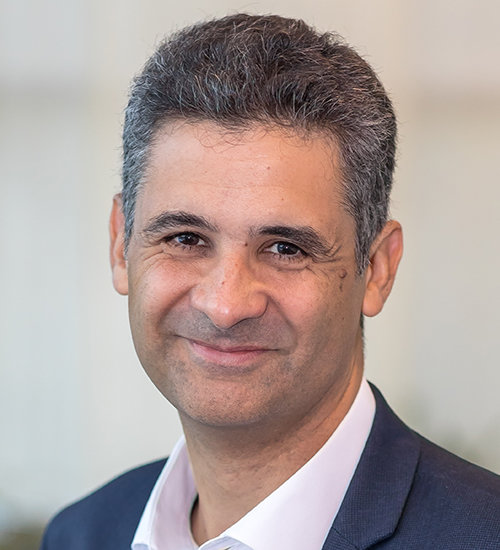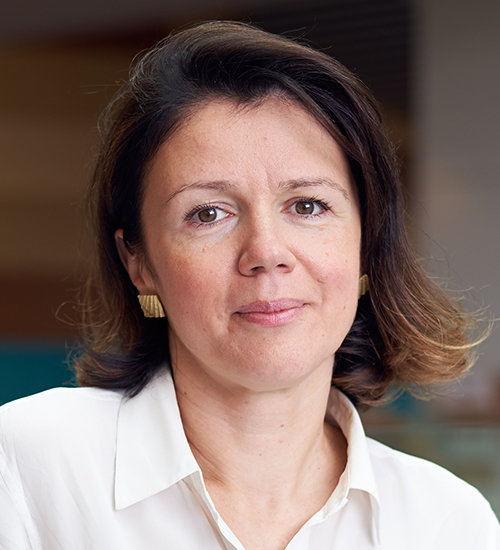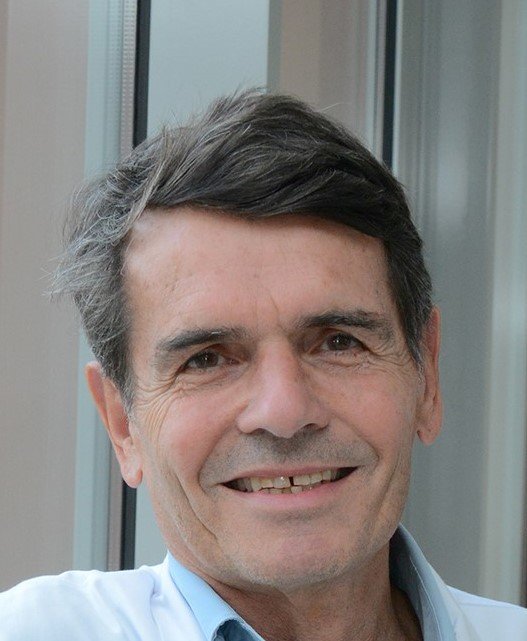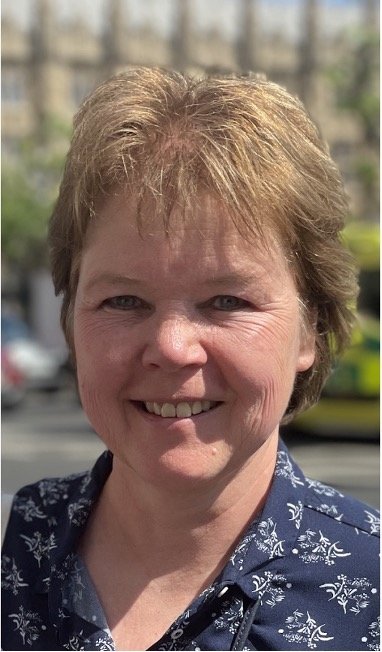
Practice-changing treatments in GU cancers continue to evolve
Finding the best treatment strategy for patient subpopulations and adequate funding are key to further advancing the field, says ESMO Award 2022 recipient Prof. Karim Fizazi

Finding the best treatment strategy for patient subpopulations and adequate funding are key to further advancing the field, says ESMO Award 2022 recipient Prof. Karim Fizazi

However, according to the winner of the ESMO Award for Translational Research 2022, Dr Samra Turajlic, results will only be achieved through a collaborative effort of the oncology community

Up to 90% of patients will die from metastatic disease and the search for biomarkers lags behind other tumour types, says ESMO Lifetime Achievement Award 2022 winner Prof. Bernard Escudier

In the Patient Advocacy Track, the importance and challenges around placing the patient at the centre of clinical trials

Recent evidence suggests a role of the microbiome in cancer pathogenesis and as a potential therapeutic target, but it is still early days

Moving back and forth across academic and corporate positions has become increasingly common for oncologists in search of new opportunities

The new FDA guidance could be an important step toward necessary change to give adequate representation of older adults in cancer clinical trials

Achieving clarity in levels of clinical evidence required by regulatory bodies is still a major obstacle to expediting research in the field, says Prof. Paolo G. Casali from the Fondazione IRCCS Istituto Nazionale dei Tumori, Milan, and the University of Milan, Italy

Research is ongoing to investigate influencing factors of immune checkpoint inhibition, encouraging a more holistic understanding of individual characteristics to improve clinical outcomes

Thanks to our deeper understanding of the underlying biology and molecular mechanisms that govern cancer, we are gaining important ground in tackling the myriad mediators of this disease.
This site uses cookies. Some of these cookies are essential, while others help us improve your experience by providing insights into how the site is being used.
For more detailed information on the cookies we use, please check our Privacy Policy.
Necessary cookies enable core functionality. The website cannot function properly without these cookies, and you can only disable them by changing your browser preferences.